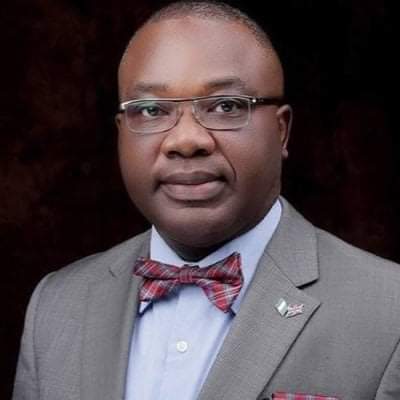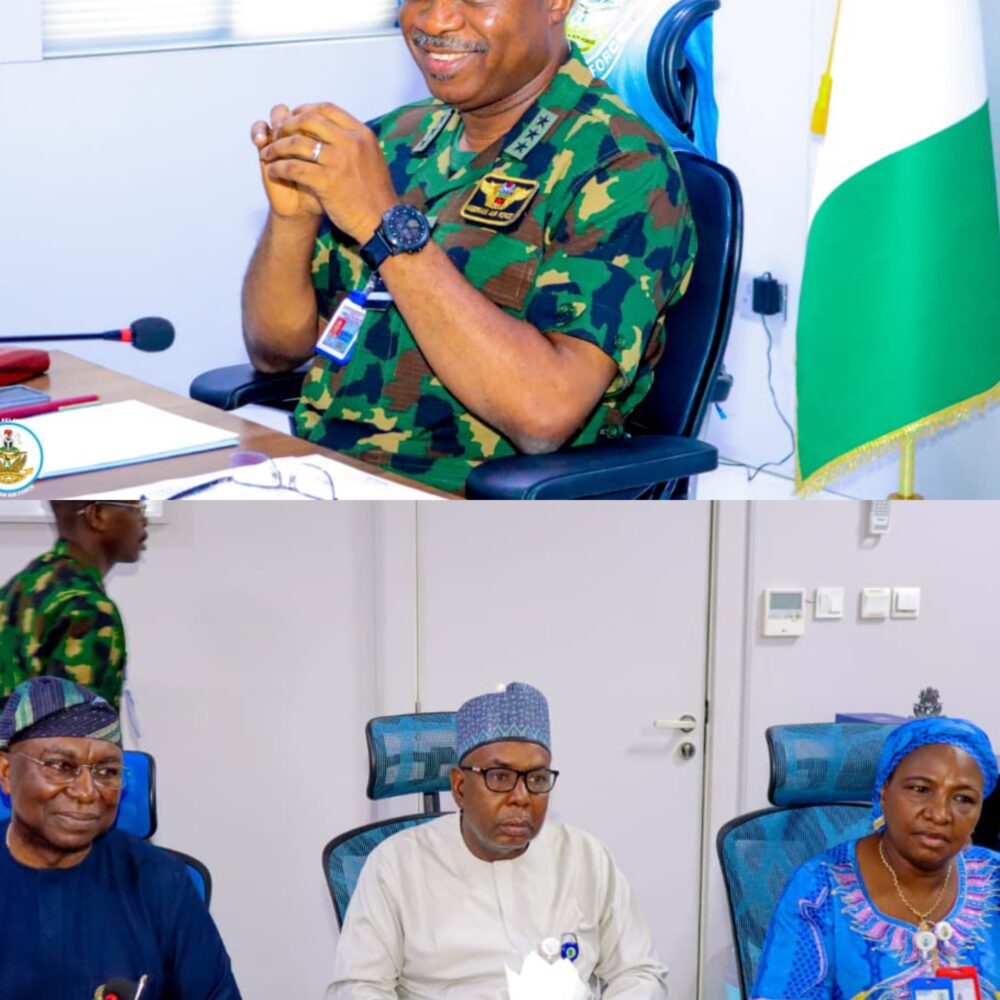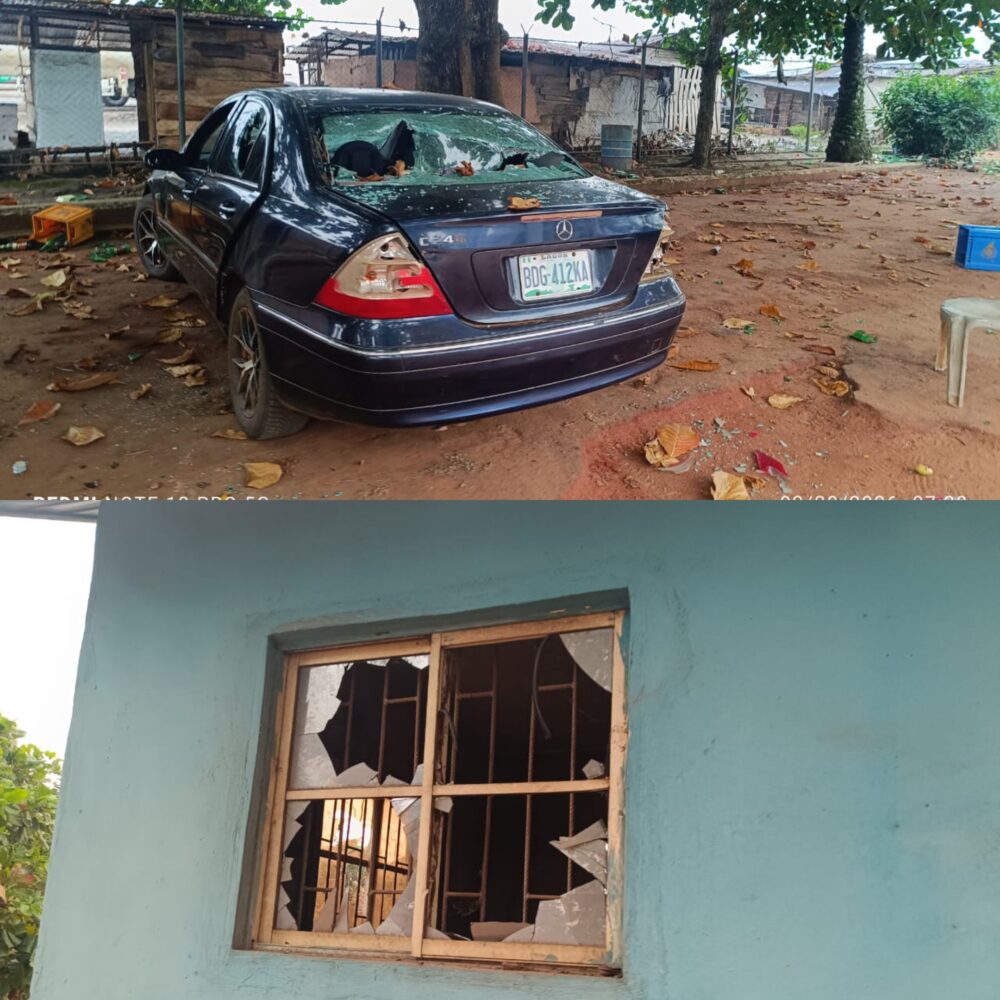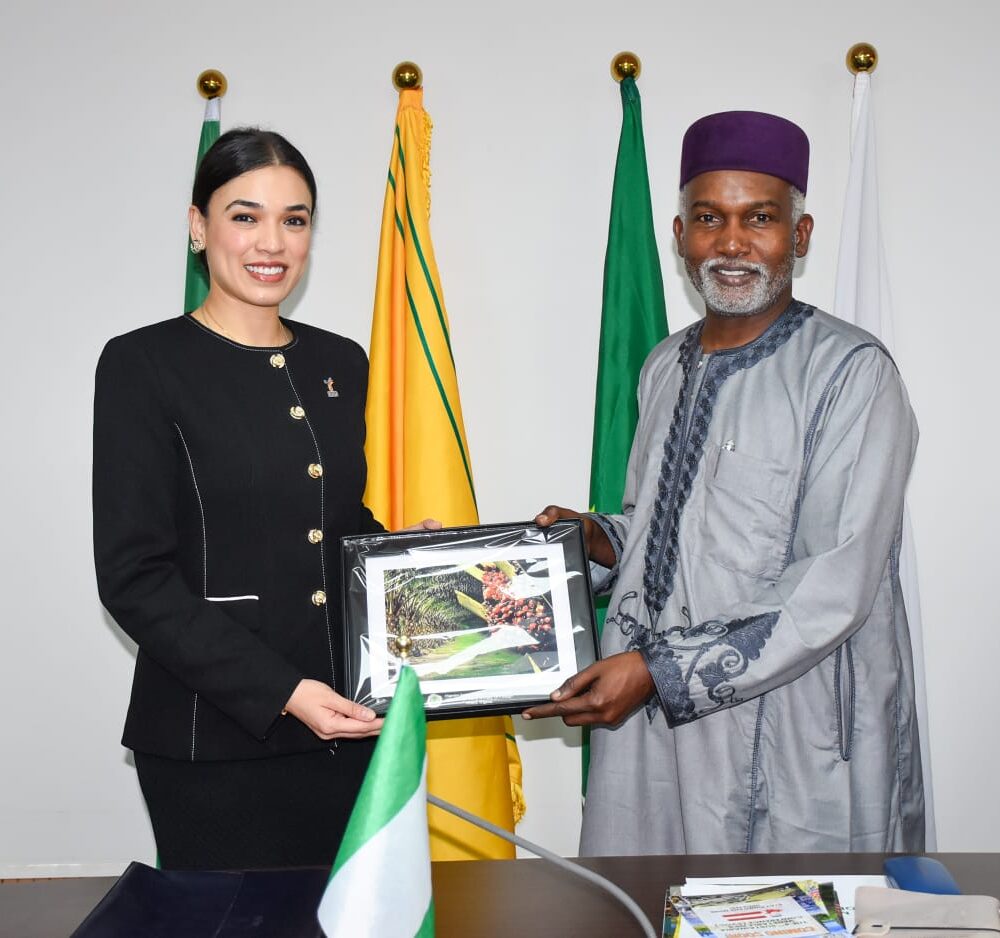The National Human Rights Commission (NHRC) has reiterated the need to go beyond paying monetary compensation to victims and survivors of torture.
The Executive Secretary of the Commission Chief Tony Ojukwu SAN emphasized this at the public presentation of torture prevention resource materials and a documentary by the Prisoners Rehabilitation and Welfare Action (PRAWA),which held in Abuja Thursday.
He said victims/survivors of torture deserve comprehensive rehabilitation to take care of their social and psychological needs.
He stated that torture which is a heinous crime dehumanized the victims and leaves them highly traumatized. This situation according to him required more than paying monetary compensations and sanctioning errant officers.
“Providing justice to victims of torture should not end at monetary compensation and sanctioning of errant officers, it should also take care of the rehabilitation and welfare of victims to enable them to live a normal life after passing through the dehumanizing treatment”. The Human Rights Chief added
He restated that rather than torture, suspects should be treated with decency, in line with the international best practices, bearing in mind that they are innocent until proven guilty.
He urged stakeholders to ensure that survivors and victims of torture are rehabilitated so as to set victims on the part of full psycho-social recovery.
The Senior Advocate noted that the Commission will continue to partner with Law Enforcement Agencies to develop a zero-tolerance environment to eradicate torture, saying “there will also be a panel of experts to develop modalities on how to set up rehabilitation centres for victims of torture”
The launch which was organised by PRAWA with support from International Rehabilitation Council for Torture Victims (IRCT) and the Commission is an advocacy program geared towards educating the public that no amount of alleged violation warrants torture.
The Executive Director PRAWA, Dr.Uju Agomoh stated in her welcome address that it was not enough that Nigeria has signed and ratified the International laws on torture, and domesticated same; she said there are obligations and responsibilities which the country must observe and conform with.
According to Agomoh, State parties are supposed to submit a situation report to the United Nations Convention Against Torture (UNCAT), but regrettably, National Committee Against Torture in Nigeria which is saddled with the responsibility to assess and submit the torture situation to UNCAT has not submitted any report for the past 3 years.
However, the Chairman of the National Committee Against Torture, Dr. Samson Ameh (SAN) in a documentary during the event, stated that the Committee was ready to discharge its responsibilities but had been constrained by lack of funding.
Dr. Ameh used the opportunity to urge the federal government to fund the Committee, saying that once the Committee accesses funds from the government it will discharge its duties accordingly.
All the speakers harped on the need to enlighten citizens on national and international laws and conventions that prohibit torture, which include the Anti-Torture Act 2017, United Nations Convention Against Torture, and OPCAT among several others, so as to eliminate torture from the society
Several copies of the Anti-Torture Act 2017 were translated into pidgin English and the three major Nigerian languages, Hausa, Igbo, and Yoruba for ease access and understanding of the various provisions of the law.
Scores of Civil Society Organisations (CSOs) protecting the rights and welfare of prisoners and victims of torture participated at the even





